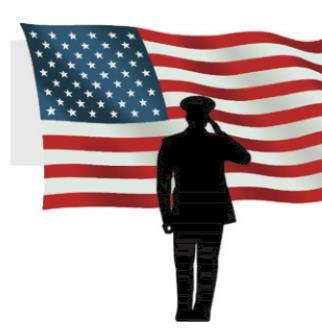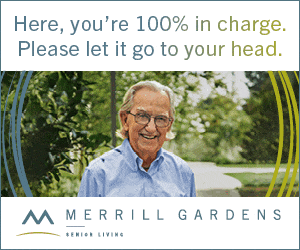Even as we see glimmers of hope that the COVID-19 Delta variant peak may be abating, information has emerged that shows the veteran community nationwide has not fared well during the pandemic.
As of the end of August, approximately 300,000 vets have been diagnosed with COVID-19 (about 1.5 percent of the 18 million veteran population), and of those, almost 14,000 have died from that disease. These are just the cases known from within the VA healthcare system or reported to them, and the numbers are significantly higher than the national averages, overall.
Three of the primary factors for higher veteran COVID-19 death rates are age, sex, and pre-existing health conditions, such as heart disease and diabetes. Approximately 70 percent of veterans are males over age 55, one of the groups hardest hit by COVID-19. Many veterans also have compromised immune systems due to their military service, through exposure to Agent Orange, Gulf War Syndrome, or toxic smoke from “Burn Pits”. Other factors have impacted veterans, especially those that rely on Veterans Affairs (VA) for their healthcare needs.
Since the start of the pandemic, most other VA healthcare services have been curtailed, and chronic VA medical staff shortages have grown worse during the pandemic. And in an even crueler twist of fate, the families of veterans who die with an official cause of death listed as COVID-19, and not an underlying existing service-connected factor that dramatically contributed to the death, will not see any of the benefits they would be entitled to if the death was determined as service-connected. This means tens of thousands of dollars in lost benefits each year to individual veterans’ families.
Conversely, the rate of veteran suicide moderated during the pandemic, especially among younger veterans. A dramatically higher rate had been predicted, however, just speculating on my part, I think most veterans tend to be more resilient in the face of an impending, identifiable threat than the mental health professionals might realize.
A Respite for Caregivers
Some good news for veterans who have a spouse, family member, or friend who helps provide them with care and support at home and could use an extra set of hands: the Elizabeth Dole Foundation’s Respite Relief Program provides free caregiving support.
This program supports veterans while giving family caregivers time for respite so they can run an errand, go for a walk, or simply relax. This free program is available to caregivers of pre-andpost-9/11 active-duty service members and Veterans and provides up to 35 hours of free care, provided through CareLinx, per year. For more information, please see: https://hiddenheroes.org/respite
In the next column, Good Samaritan Village’s Village Veteran Association will be highlighted.
As always, please send along your thoughts and ideas to osceolavets@gmail.com.




